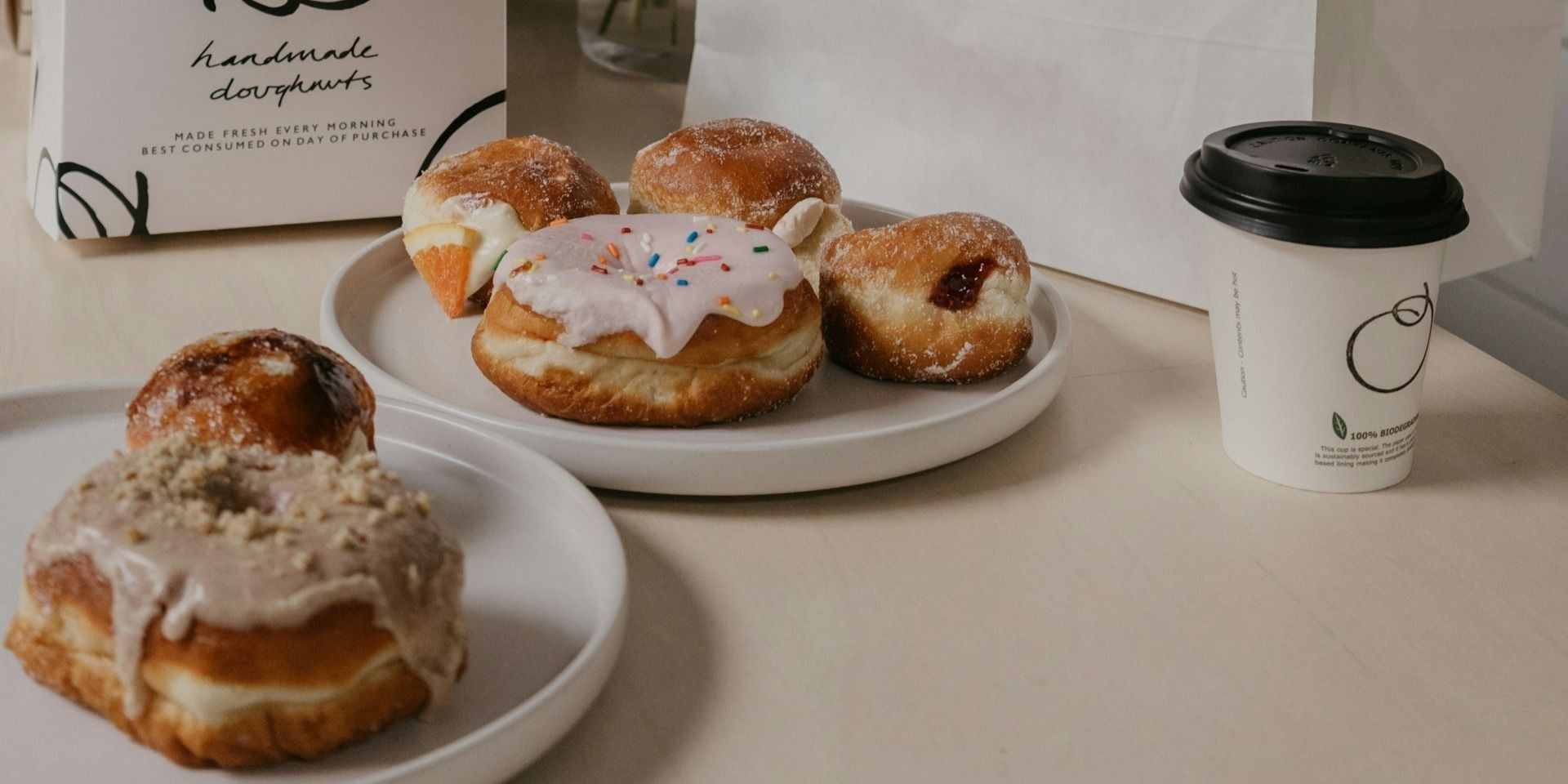Grief & Nutrition: How Comfort Foods May Be Prolonging Your Grieving Process

When it comes to grieving, we all have different ways of processing emotions and facing the loss of a loved one. Truth be told, the emotional strain of grieving not only impacts individuals mentally, but also physically, with decisions often made around eating habits and body health.
While comfort food may feel like the right answer in the moment, in reality, your body may be missing the nutrients it needs to heal. Below, we explore the challenges of comfort eating while grieving—and how focusing on nutrition and movement can support your health and well-being.
Why Might People Overeat While Grieving?
There are both scientific and emotional reasons:
Dopamine reward system: Comfort foods (especially fatty or sugary ones) activate a reward system in the brain that releases feel-good chemicals like dopamine.
These “happy” chemicals temporarily alleviate stress, but over time may contribute to unhealthy cycles and poor physical health.
It’s also common for well-meaning friends and family to bring meals to those who are grieving. Though helpful, this can unintentionally encourage overeating, especially when food is constantly available.
Are You Navigating Grief with Comfort Food?
Grief often masks itself as hunger, and it’s easy to confuse emotional eating with real physical need. When you don’t check in with your body’s actual needs, negative eating patterns may emerge—sometimes without even realizing it.
Tips if You Find Yourself Comfort Eating:
1. Ask yourself: Am I actually hungry?
Sadness and habit often disguise themselves as hunger.
💡 Tip: Try the 3–4 hour rule between meals. If you’re “hungry” in between, you might just be thirsty.
2. Track your eating patterns and emotions.
Use a food journal to document:
Emotional triggers
Specific times of day or situations when cravings appear
How food made you feel before and after eating
3. Avoid boredom eating.
Feeling stuck indoors can lead to mindless snacking. Replace downtime with:
Short walks
Reading or journaling
Crafting or puzzles
Other calming activities
4. Be mindful when watching TV.
TV time + snacks can be a comfort combo, but may also lead to overeating. If this is your pattern:
Ditch the snack bowl
Choose low-calorie options
Eat only if you’re truly hungry
Healthy Habits to Adopt While Grieving
It’s tempting to reach for comfort food, but your body craves real nourishment. These healthy habits can support your healing process:
🥗 Try a Clean Diet or Short-Term Cleanse
Eliminate processed, sugary, and fatty foods for a few days or weeks. You’ll learn how your body responds—and how much better you may feel.
🥒 Keep Healthy Snacks Nearby
Stock up on:
Fresh fruits & veggies
Low-fat or high-protein snacks
Nuts and seeds
💧 Stay Hydrated
Thirst often mimics hunger.
Experts recommend:
Eight 8-oz glasses/day
Or sipping throughout the day based on your body’s needs
🏃 Try Gentle Exercise
Even when energy feels low, physical movement boosts endorphins and improves mood.
Ideas:
Walk with a friend
Join a gentle group class
Try yoga or stretching
☕ Cut Back on Caffeine, Sugar, and Alcohol
These may seem like short-term solutions but can worsen:
Dehydration
Anxiety
Emotional lows
Instead, try:
Herbal or decaf teas
Sparkling water with lemon
More water!
Remember: Be Kind to Yourself
If you find yourself in a cycle of comfort eating or feel overwhelmed by changes, know that you’re not alone. It’s okay to enjoy comfort foods in moderation, and still make choices that honor your body’s needs.
What you eat is fuel—and when you’re grieving, your body needs that fuel more than ever.
If you need support or resources, please reach out to our team here. We're always here to help.